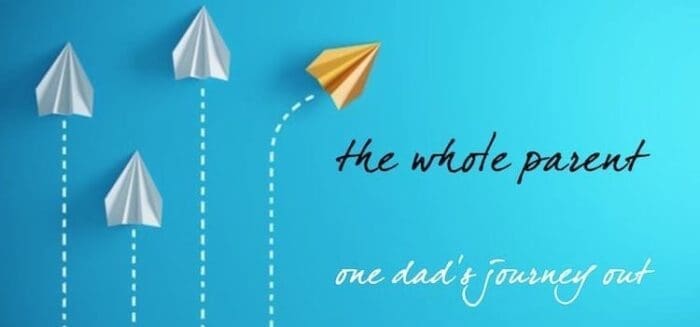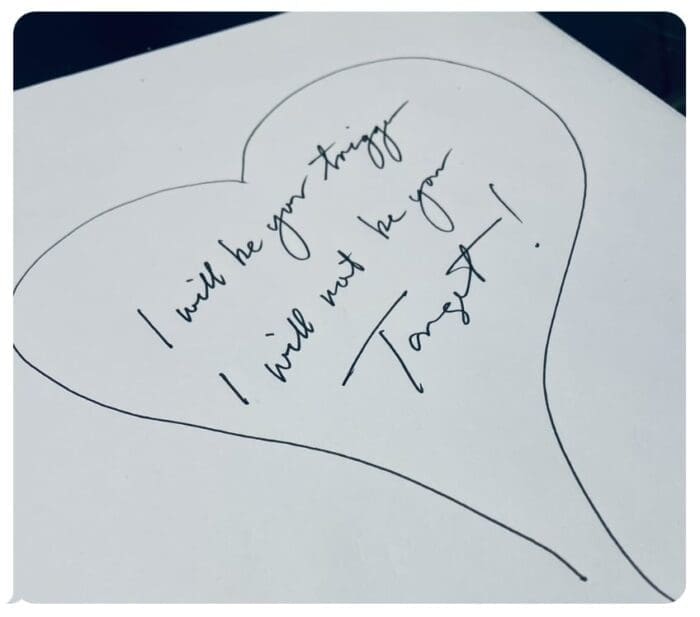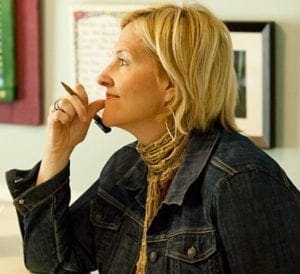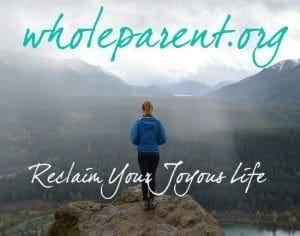Like many people, I grew up in a household of wild dysfunction. I had a dad who had developed a serious drinking problem before I arrived on the scene, ten years after my oldest sister. I had a mom who was playing the socialite but struggling with her own childhood trauma and pain. That’s how it works, TRAUMA is stored in your body in many different ways. And until you are able to identify and label trauma it is hard to capture and work on it in therapy.
Why Trauma Recovery Is So Important
Part of my survival-DNA was activated while growing up in this raging and wrecked childhood home. For this reason, I am quite “conflict-averse.” This means I avoid conflict at all times. I will lie to get out of confronting a difficult situation. I will smile and say, “I’m fine,” when someone asks how I’m doing. In my professional life, this trauma plays out when I am yelled at by a boss or colleague. In my personal life, my trauma is more easily identified, since my heart is involved as well.
When trauma rears its head in my life, I emotionally regress to a 6-year-old boy. In this “triggered state” I don’t make good decisions. I don’t ask for what I need. I basically STFU and wait for the fear/anxiety to pass. I am sure I am waiting for my parent or sibling to come to protect my 6-yo boy. But, of course, there is no one there to rescue me, as there was no one there to rescue me when my trauma was taking place.
What My Trauma Looks Like
I recall a scene from my early childhood that sets the scene for the triggered little boy to emerge in my life. I was in an upstairs bedroom with my mom, my dad, my brother, and my oldest sister. We had recently driven back from the beach. Somehow, my brother had not unlocked the 4X4 hubs on the Jeep and that was very bad for the car. My dad was a bit drunk and raving mad. He was yelling at my brother in a voice and manner that suggested murder.
I was 6 at the time of this incident. (Thus my set point for my PTSD-like trauma experience.) The adults in the room were freaked out. My dad was yelling and gesturing wildly with his hands. My mom was trying to contain him, afraid (as she told me later) he was going to kill her son. My brother was cowering in the corner crying saying he was sorry. My sister must’ve been just as terrified as I was, but I don’t recall any of her actions. What I do recall, when I work on this scene in therapy or in meditation and journaling, is that I was so afraid I was disassociating from my own feelings. I was hoping that an adult, or at least my sister, would pick me up off the floor and comfort me. But that’s not what happened. No one comforted anyone.
My dad did not kill my brother. But no one left that room unscathed. And when I get scared in the real world, as an adult, I can regress to that 6-year-old boy rather quickly, without knowing it. What this looks like: I shut up, I isolate myself from others, I withdraw from interactions. I basically get tiny and quiet and hope someone shows up (like I wanted when I was actually 6) to pick me up off the floor and say, “It’s going to be okay. You are safe now.”
The Trouble With Unresolved Trauma
The unresolved part of my trauma still pops up from time to time in my life. When I get depressed, as I do, I often regress to that scared 6-year-old boy. I get quiet. I hope for rescue. And I wait, until I learn AGAIN, that no one is coming to rescue me. I am alone. I am responsible for getting my own trauma together. And I am responsible for my “triggered” response when I get shut down. When my trauma comes up it is my responsibility to address it. If it affects my personal or professional relationship, I need to take ownership of that impact and make some changes. Or work on the trauma.
Trauma work is not fun. It’s not easy for me to get to. And when I get there, it’s hard for me to stay in both my adult (the one processing the scene now) and my 6-year-old (the one experiencing the freakout).
A Glimpse Into Hell
While this scene that is embedded in my body, mind, and spirit, is not too horrible, the emotional impact it has had on my life is profound. I don’t fight well. I don’t do anger well at all. And when I shut down and go away, I am hard to reach. When I’m in my trauma, I am usually frozen and unable to respond in a fully conscious or healthy way.
A phrase I coined, to embody the triggered John, during my first marriage was, “The better boy I am, the worser it gets.” This phrase helps me to remember that I’m dealing with a 6-year-old mind, a 6-year-old frame of reference, and a 6-year-old scared and cowering little boy inside. When I am triggered, I reexperience that little boy’s fear again. My body gets frightened. I want to run or freeze. I want to hide away and isolate myself. I don’t want to be touched or reasoned with. The time for reasoning is done. I am afraid. I am small. I want to go away from this pain, whatever it takes.
I was exploring this with a partner a while back and I was expressing my “little boy” fear like this.
“When I get scared I turn into a small boy. I am terrified you are going to leave me alone. I am desperate for you to pick me up and comfort me. And my overwhelmed heart and mind cannot negotiate or navigate my own needs. I’m lost. It gets worser when I’m triggered. I am looking at my partner and asking, “Why can’t you protect me? Why can’t you take care of me? Why won’t you make this pain, this yelling, this fear stop? Why aren’t you taking my side?”
When Your Lover Is Triggered
What I need at this moment from my partner is a firm hand. I don’t need a rescue.
I need my partner to say,
“I’ve got you, right now. I am here. There is nothing to be afraid of here. Breathe easy. Let go. Squeeze my hand as hard as you can. As hard as you wanted someone to show up for you back then. I am here for you. I am here. I am safe. We are safe together.”
In the past, I was in a relationship with a victim of sexual abuse. This got more pronounced as our relationship progressed. And as therapy began to unlock the trauma of her past, the skeletons began coming out of her closet and hopping in bed with us. I joined a support group for partners of victims. [Yikes! That was a hard moment.]
What I learned in this support group was this phrase, that released me from the awful trauma that was entering into our lives.
“I will be your trigger. But I will not be your target.”
Here are a couple of things to remember when your lover is triggered.
- You are not the target (the rage and release cannot be aimed at you)
- We are often triggered by our personal relationships
- I cannot heal you
- I can only stand beside you and let you know I am safe
- I can hold your hand while you process and work on your stuff
If we choose to remain in a romantic relationship, it is highly likely we’re going to run into each other’s triggers. As we gain trust and mutual support for our individual healing journey, we can see that our partners are cheerleaders. Our partners should be held in great esteem if they can “stand in” with us while we recover from our traumas of the past. I think this is the only way forward in a long-term relationship. It’s a path most of us will have to go down at various periods of our lives.
A Healing Partnership
If you’re with a safe and supportive partner, you can process and heal a ton of trauma simply by maintaining a loving relationship. It’s hard when you’re on the receiving end of someone else’s trigger. But we can get better at identifying our own triggers and triggered moments. And there are ways to help our partners notice when the rage or sadness that is coming out of them, might be a bit bigger or deeper than the infraction that caused the initial pain.
Awareness update 2023: if you’re in a relationship that is healing you, it can be hard to see the toxic abuse happening in that relationship. In two years, I could never convince my partner that I was worthy of being defended from the harmful restrictions and entitlements of her landlord who was married to her best friend. Just once, I wanted her to stand up for me, like she would stand up for her kid. SHE NEVER DID. NEVER. I had to leave. It’s taken me a year to understand it was her that was holding on to the toxic shame. It didn’t have much to do with me. It was between her and her keeper, both in her mind, and in her rental house.
Namasté,
John McElhenney – life coach austin texas
Facebook | Instagram | Pinterest | @wholeparent
Related posts:
- Self-Care and Appreciation: Can I Love All of Myself Right Now?
- 3 Required Traits for Building a Lasting Relationship
- Emotional Intelligence Essentials for Long-Term Relationship Success




